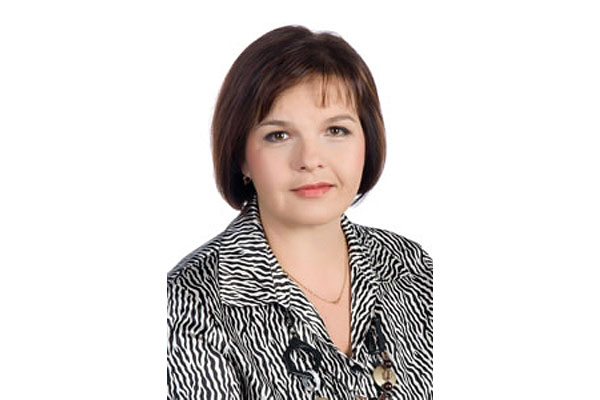
Merike Hallik, President of ECTAA.
The application of the special scheme to all supplies of travel agents, including supplies to taxable persons, will render travel agents uncompetitive, as the special scheme denies taxable customers the right to recover input VAT on both the underlying travel services and the travel agent’s margin.
In its decision rendered on 8 February 2018, the Court held that travel agents’ supplies to taxable persons have to be taxed under to the special VAT scheme for travel agents and that VAT must be calculated on a sale by sale basis. This creates serious distortions of competition and is wholly impractical.
The application of the special scheme to all supplies of travel agents, including supplies to taxable persons, will render travel agents uncompetitive, as the special scheme denies taxable customers the right to recover input VAT on both the underlying travel services and the travel agent’s margin. Consequently taxable customers will be financially better off buying travel services from providers that are subject to the normal VAT rules or outside EU VAT scope, such as service suppliers (airlines, hotels, etc.), travel agents supplying in-house services or non-EU travel agents. This is the reason why many Member States allow the application of the normal VAT rules for travel agents’ supplies to taxable persons.
As for the VAT calculation, the requirement to calculate the VAT due transaction by transaction is extremely burdensome and wholly impracticable for travel agents. Under the special scheme, travel agents are taxed on their profit margin, which is the difference between the total amount, exclusive of VAT, paid by the traveller and the actual cost to the travel agent of goods or services provided for the direct benefit of the traveller. Practical difficulties arise due to the fact that the costs of a single transaction may change several times after the service has been performed requiring the agent to adjust the VAT payable several times. This explains why a lot of Member States allow the calculation of global margin for a period, rather than on a transaction by transaction basis.
When the special scheme was introduced in 1977 it was a welcomed trade facilitation measure, as it avoided the complexity of VAT accounting in multiple Member States where travel services are deemed to be supplied. However, the market for travel services has undergone fundamental changes since 1977 that are not reflected in the VAT rules. The Court ruling demonstrates once again the dire need for a reform of the special scheme.
This is also reflected in a recent study carried out by KPMG on behalf of the European Commission. The study notes that the enormous growth in international travel, changes in technology, widespread deregulation (particularly in the airline industry) and new business models that operate outside the special scheme, coupled with evolving ECoJ case law, require a modernisation of the special scheme. The study concludes that while the special scheme should be retained, it needs to be reviewed to address a number of distortions of competition and material issues, such as the VAT treatment of supplies to taxable persons and the margin calculation.
Said Merike Hallik, President of ECTAA: “It is high time that the EU legislators tackle the problem of outdated VAT rules for travel agents. It is in the interest of the industry and Member States alike to establish a fiscal framework that allows travel agents to compete on a level playing field and avoid complex rules that serve nobody.”
Vicky is the co-founder of TravelDailyNews Media Network where she is the Editor-in Chief. She is also responsible for the daily operation and the financial policy. She holds a Bachelor's degree in Tourism Business Administration from the Technical University of Athens and a Master in Business Administration (MBA) from the University of Wales.
She has many years of both academic and industrial experience within the travel industry. She has written/edited numerous articles in various tourism magazines.


























































































































































































































